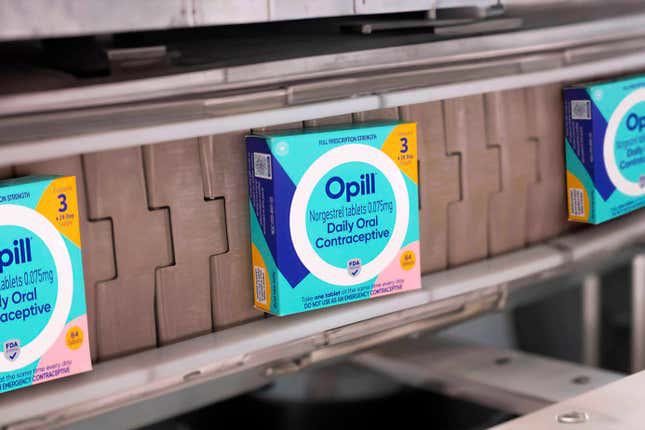Artificial Sweeteners Make You Eat More - Dispatch Weekly
July 14, 2016 - Reading time: 2 minutes
Are you consuming artificial sweeteners in order to keep your glucose levels in check? They will certainly do the job, but one thing that has come to light is that these artificial sweeteners are effectively making people more hungry and hence making them eat more.
These are the findings of a study carried out by researchers at University of Sydney who published the results in journal cell Metabolism. The findings are alarming because the study has shown that artificial sweeteners have these effects in mammals as well.
Scientists have found through their study, a new system in the brain that senses and integrates the sweetness and energy content of food. The study also shows how artificial sweeteners affect brain and how it regulates appetite and alters taste perceptions.
Scientists at the University reveal through their study that animals that were fed artificial sweetener sucralose started eating a lot more than their normal diet. In the study, fruit flies that were exposed to a diet laced with artificial sweetener for prolonged periods (more than five days) were found to consume 30 percent more calories when they were then given naturally sweetened food.
Investigation in this led scientists to discover that inside the brain’s reward centres, sweet sensation is integrated with energy content. In instances where sweetness versus energy are out of balance for a period of time, the brain recalibrates and forces the animals to consume more calories. Authors note that chronic consumption of this artificial sweetener actually increases the sweet intensity of real nutritive sugar, and this is the reason why animals start eating more.
Billions of people worldwide consume artificial sweeteners and they are prescribed as a tool to treat obesity, despite little being known until now about their full impact on the brain and in regulating hunger. This is the first study to identify how artificial sweeteners can stimulate appetite, with researchers identifying a complex neuronal network that responds to artificially sweetened food by telling the animal it hasn’t eaten enough energy.
The researchers also found artificial sweeteners promoted hyperactivity, insomnia and decreased sleep quality – behaviours consistent with a mild starvation or fasting state – with similar effects on sleep also previously reported in human studies.
To discover whether artificial sweeteners also increased food intake in mammals, researchers replicated the study using mice. Again the mice that consumed a sucralose-sweetened diet for seven days displayed a significant increase in food consumption, and the neuronal pathway involved was the same as in the fruit flies.

DW Staff
David Lintott is the Editor-in-Chief, leading our team of talented freelance journalists. He specializes in covering culture, sport, and society. Originally from the decaying seaside town of Eastbourne, he attributes his insightful world-weariness to his roots in this unique setting.




